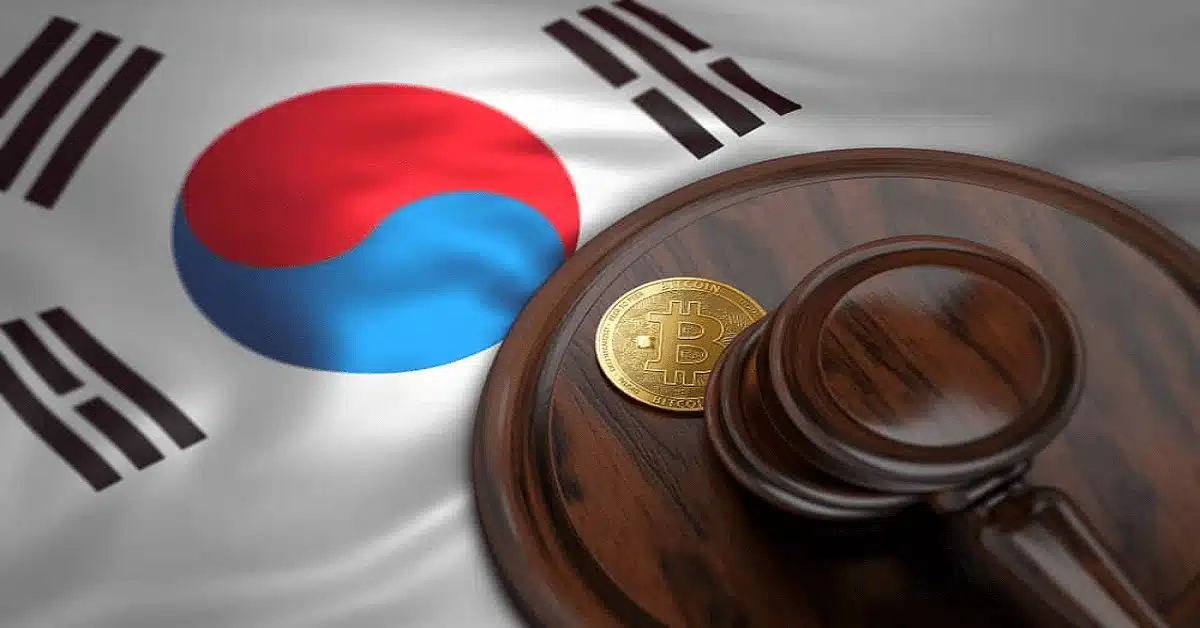South Korea will soon implement stricter regulations on cross-border cryptocurrency transactions, scheduled to take effect in the second quarter of 2025. These rules mandate pre-reporting and monthly filings of cross-border crypto transactions to the Bank of Korea. By requiring businesses involved in such transactions to register with the central authority, the government aims to combat tax evasion and illicit crypto trading, enhancing oversight and transparency in the country’s cryptocurrency market.
Deputy Prime Minister Choi Sang-mok regarded these regulations as essential as they help prevent unlawful deeds related to foreign exchange crimes. South Korea has experienced a sharp increase in these crimes since 2020, and the total value of $ 7.97 billion or 11 trillion won. More to the point, digital currencies, in particular, were used in 81.3% of these instances, highlighting the need for increased regulation.
Also Read: South Korea May Adopt Free Market Approach to Crypto, Says FSS Governor
South Korea’s Progress in Crypto Regulations
South Korea has recently started building up its regulatory parameters concerning cryptocurrencies. The country got its first law to protect investors in cryptocurrency with the Virtual Asset User Protection Act in July 2024. Since then, a set of actions has been initiated to strengthen the security of investors and fight against illicit activities related to cryptocurrencies. Some tokens, such as AVAIL and NFP, have also been reported to the authorities for manipulation of their prices.
The head of the Financial Supervisory Service, Governor Lee Bok-hyun, has recently spoken about the country’s changing attitude, which seems more moderate now and does not shut the doors to regulation and flexibility. He pointed out that the government is to promote the free market and simultaneously stimulate the debate on business regulation. The approach is germane as crypto exchanges such as Bithumb fight high interest rates that are likely to impact investors.
All these advancements in South Korea align with a global effort towards legalizing crypto, hence clearer regulations. Other nations, such as India, are also looking at even more stringent measures. India indicates it may even phase out digital assets because of escalating threats associated with crypto transactions.
Conclusion
As South Korea enforces more stringent regulations, it joins a worldwide trend of countries establishing clearer guidelines for digital assets. The upcoming regulations aim to foster a safer, more transparent crypto market, helping South Korea address cryptocurrency-related illegal financial activities.
Also Read: South Korean National Assembly Investigates AVAIL Token for Price Manipulation
